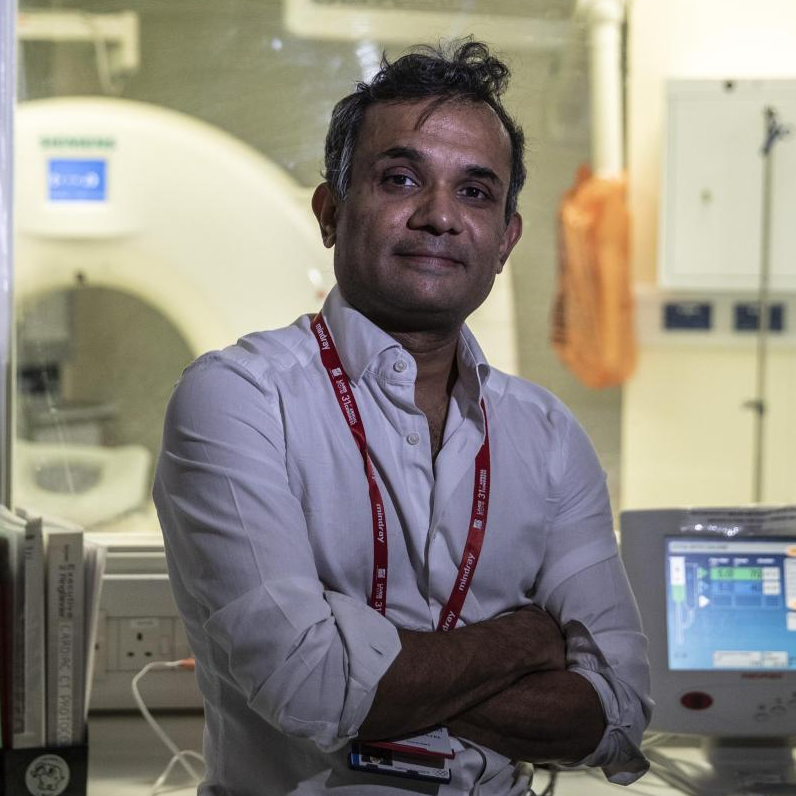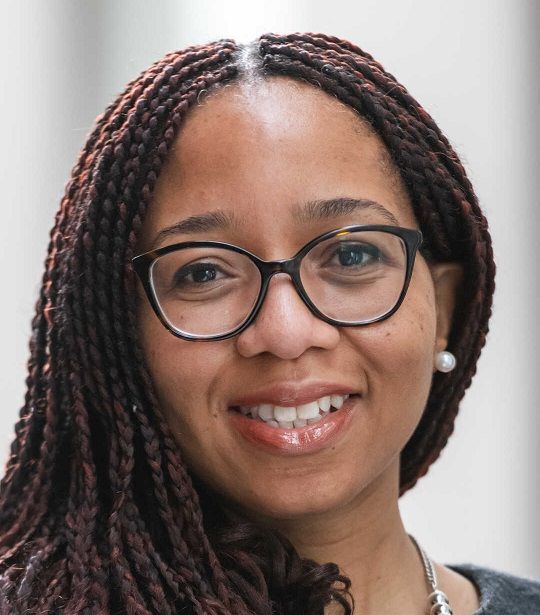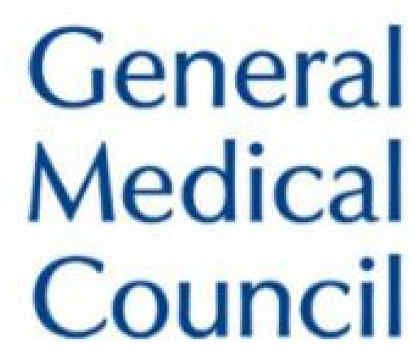 RESEARCH: TRANSLATIONAL RESEARCH IN CARDIOTHORACIC ADVANCED LIFE SUPPORT
RESEARCH: TRANSLATIONAL RESEARCH IN CARDIOTHORACIC ADVANCED LIFE SUPPORT
How did you get into research?
Curiosity and coincidence. I met with supervisors from various universities that hosted the NIHR ACF but was most intrigued by the basic and translational research performed at Imperial College within APMIC. I chose the option of doing a basic science project rather than a clinical one as this was more appealing with respect to me being a clinician and having a foot in both arenas. The potential to obtain real mechanistic insights into pathology is what really captured me.
What do you enjoy about research?
The exploration and freedom that research allows but also the ability to surround myself with people that I learn from. Having dedicated time to think of concepts and enable the evolution of these concepts through experimentation is very powerful. Over 15 years since embarking on a clinical academic career, I have most enjoyed the connection with the brightest of minds and the network this fosters. I now cherish the opportunity and privilege to support others in their own research journey.
What was the most difficult aspect of doing your PhD?
Obtaining funding. The uncertainty seemed overwhelming at the time. After 4 rejected applications, I eventually received funding from the Imperial Wellcome PhD programme, and the struggles led to an improved research project, but also a change in mindset, rejection is part of the learning journey!
What was the most challenging aspect of continuing your research after completing your PhD?
The transition to independent thinking. My PhD set me up with a several laboratory skills and I was very lucky to have been able to gain dedicated post-doctoral research time through the NIHR clinical lecturer programme. The most difficult aspect was learning to balance clinical and academic (and life) commitments (which continues to remain a challenge…).
What difference has your research training and experience made to your career?
Research has boosted my confidence to ask questions and think deeply, fostering humility to acknowledge gaps in knowledge. My clinical academic career has led to the role of Clinical Director for Critical Care and Extracorporeal Life Support at the Royal Brompton Hospital. In this position, I integrate research into daily clinical practice and help shape national and global research agendas.
How has research changed your clinical practice?
My research has helped me advance biological and physiological concepts currently used in clinical practice, allowing me to explore these ideas in a lab setting. During the COVID-19 pandemic, our work led to important observations that contributed to the global response. Balancing clinical training with research has given me a more mature perspective on clinical practice and greater confidence in managing complex cases that fall outside standard protocols.
What has made a difference to progressing your research career?
Mentoring and collaboration are key drivers of progress in my research, and it is a team effort. The COVID-19 pandemic highlighted the importance of cooperation at all levels and led them to repurpose studies to investigate lung failure differently. My team’s observations on immunothrombosis in COVID-19 patients opened new research avenues in critical care. The most significant factor has been the people—students, fellows, and collaborators—who I have worked with. Nurturing the next generation of researchers is vital for mutual growth and career advancement.
Where do you see your clinical academic career going over the next five years?
I aim to address clinically relevant questions through basic and translational research, striving to develop new paradigms in critical care. I seek to explore research across different environments, including industry, and play a role in shaping relevant, clinically focused research agendas. I appreciate the value of authentic leadership and fostering an environment where people can thrive. I hope my research will extend beyond clinical impact, supported by a commitment to nurturing and coaching others.
Dr Brijesh Patel, Clinical Senior Lecturer in Cardiothoracic Critical Care, Imperial College London
Download Brijesh's research careers case study: Dr Brijesh Patel Career Case Study PDF
Useful links
Contact us
The CATO Team and Radiographers Incubator work on a Hybrid model, combining days in the office with days working from home – the best way to reach us is by email.
cato@imperial.ac.uk
radresearch@imperial.ac.uk
+44 (0)20 3313 7397



